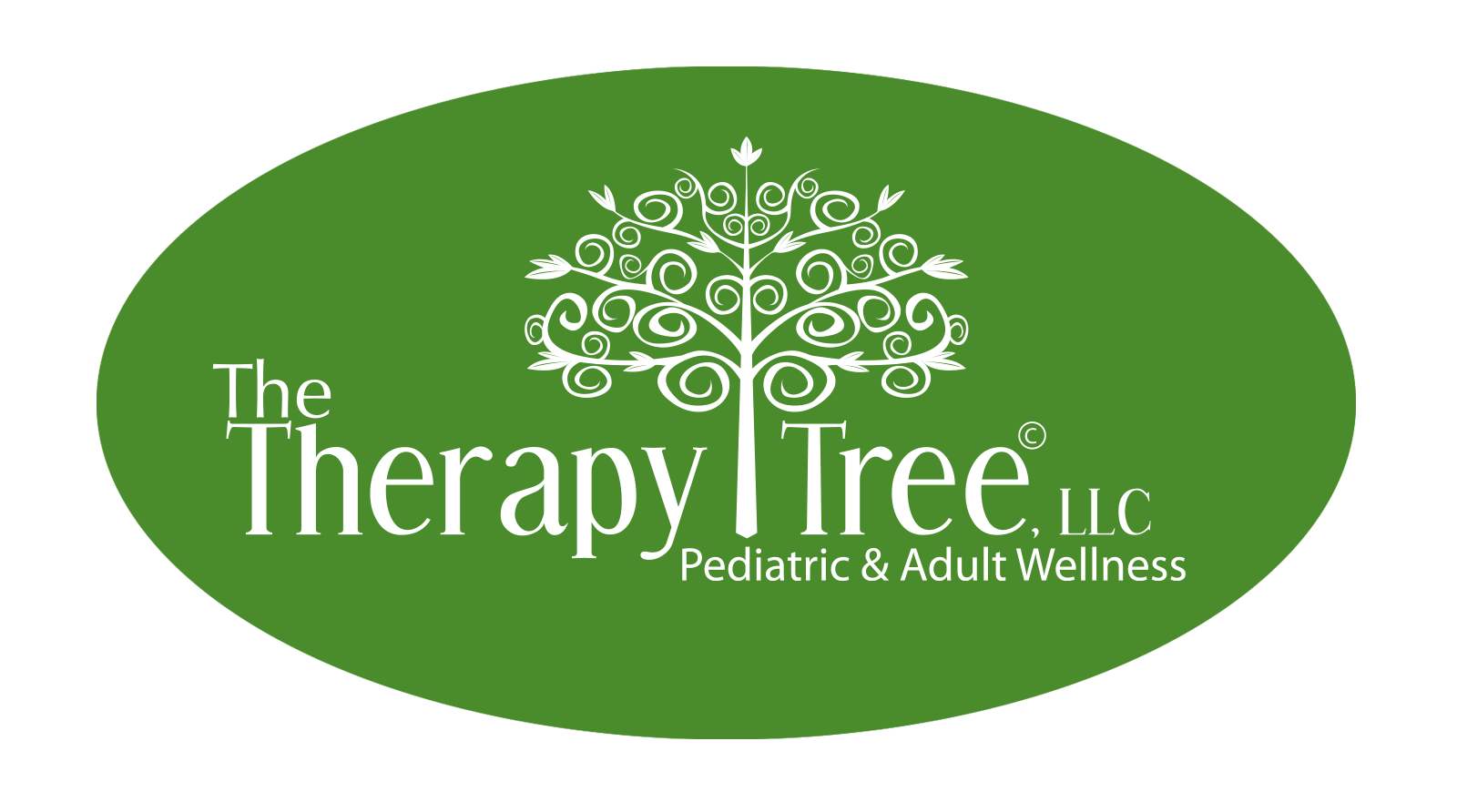Picky or Problem Eater?
By Laura L. Houston, MA CCC-SLP/L
Speech Language Pathologist
Oral-Motor/Feeding Therapist
I frequently get calls from parents wondering if it is normal for their child to eat only a few items or take 2 hours to eat dinner. Although some children are simply picky eaters, many may be experiencing difficulty with feeding skills that need help from a therapist to make some positive changes. So how can you tell the difference?
Children who are picky eaters typically eat something from each variety of textures (like smooth, crunchy, chewy, liquid) and at least 30 different kinds of foods. They often are somewhat slow to actually eat new foods, but usually can handle seeing the new food on the plate and with persistence will usually eat a new food after trying it 15-25 times. Sometimes they want to eat favorite foods all the time and occasionally then stop eating that food. When this happens, they usually will start eating that favorite food again within a week or two. Even picky eaters usually like eating, sitting with the family, and finish meals in about 30-40 minutes.
A child who is having more difficulties than merely being a picky eater may be known as a “problem feeder.” Children of this nature may have some or all of the following concerns:
- Eats less than 20 different foods
- Eats limited kinds of textures, such as only crunchy or only smooth
- Gags or vomits when tastes, sees or sometimes even smells new foods
- Cries or screams or won’t sit at meal times and takes more than 30-40 minutes to eat
- Very slow to try or refuses to try any new foods or even have them on the plate or table
- Eats same foods over and over, sometimes has to be in exactly the same container or same brand
- Slow to gain weight or falling off growth charts
- Infants that pull away, cough, gag, sneeze, or loose milk from the mouth while drinking bottle or breast-feeding
These challenges can be so disruptive to families and meal times, and the usual well-meaning advice just does not work. These children often have some combination of actual motor skill difficulty that makes eating difficult; or awareness problem that they are oversensitive or under-sensitive to food taste, temperature and textures; or challenges that make them feel like they can’t breathe or feel pain when they eat. Feeding problems may arise because the child experienced some medical challenges, health challenges, food allergies, digestion challenges or a trauma that caused them to stop eating or become fearful of eating. Over time, feeding problems often turn into significant behavior challenges.
Feeding therapy is effective at all ages, though the sooner we start to help the better! Feeding therapy uses a combination of techniques and tasks to build oral-motor skills, sensory skills and behavior modification. Frequently families will see positive changes in even 1-2 weeks of therapy!
Please call us if you think you need help at 847-265-7300. Or feel free to email questions to laura.houston@thetherapytree.org.

